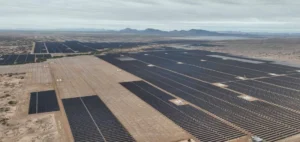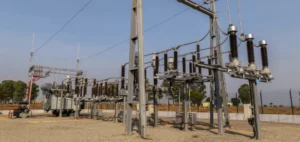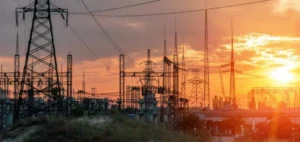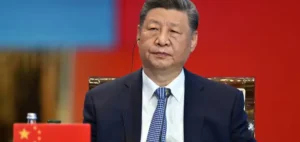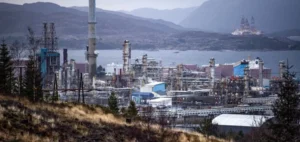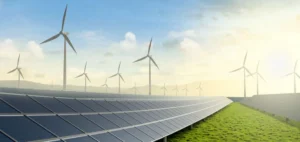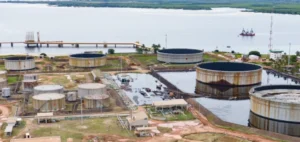The British government is taking a significant step by nationalizing the electricity grid operator, ESO, as part of its energy transition.
The move, which involves a £630 million investment, is designed to strengthen the country’s ability to manage its energy resources more efficiently and sustainably.
The project, which was announced by the former Conservative government in April 2022, was delayed due to the general election in July.
The new entity, called the National Energy System Operator (Neso), is designed to oversee the balance between electricity supply and demand, while facilitating the integration of renewables into the grid.
Energy Minister Ed Miliband stresses that nationalization is essential to reduce dependence on fossil fuels, which are considered expensive and uncertain.
He says Neso will play a key role in transforming the UK into a “clean energy superpower”.
By connecting new generation projects more effectively to the electricity grid, the Neso should also help reduce energy bills in the long term.
The initiative is part of a wider plan by the Labour government to make the UK a world leader in the renewable energy sector.
A strategic framework for renewable energies
Scheduled for launch on October 1, Neso does not own the electricity transmission network, which remains the property of National Grid.
This separation of roles allows Neso to concentrate on strategic planning and design of energy infrastructure, for both electricity and gas.
A government spokesperson clarified that the operator will not take ownership of the network itself, but will focus on long-term strategic functions.
This approach is intended to ensure more coherent and integrated management of the country’s energy resources.
At the same time, the government has launched Great British Energy, a new public entity with a budget of £8.3 billion to invest in a range of renewable energy projects, such as floating wind turbines and tidal power.
This initiative aims to strengthen the UK’s capacity to produce clean energy and diversify its sources of supply.
Neso and Great British Energy are set to work closely together to deploy renewables, which could transform the UK’s energy landscape.
Comparison with other European initiatives
The nationalization of ESO is part of a wider context of renationalization of energy infrastructures in Europe.
For example, France recently renationalized EDF to revive its nuclear sector and support its policy of reindustrialization.
This operation required an investment of almost 10 billion euros to acquire the remaining shares in the company.
In comparison, the ESO takeover represents a more targeted approach, focused on network management rather than power generation.
The UK government has also proposed a gradual renationalization of rail, responding to concerns about the performance of private rail companies.
This trend towards renationalization may reflect a wider desire to re-establish public control over sectors deemed strategic for the national economy.
The implications of these changes are significant, as they could redefine the way public services are managed and financed in the future.
Future prospects for the energy sector
The initiative to nationalize the UK electricity grid could have a major impact on the energy sector.
By promoting a more integrated and strategic approach, Neso could improve the grid’s resilience to fluctuations in supply and demand.
Furthermore, by facilitating the integration of renewable energies, this approach could contribute to the reduction of carbon emissions, although the term “decarbonization” is not used in this context.
The challenges remain, however.
The transition to clean energy requires substantial investment and careful planning to avoid service interruptions.
Industry players will also have to navigate a changing regulatory environment, which could influence the way projects are developed and financed.
Collaboration between Neso and Great British Energy will be crucial to ensure that energy transition targets are met in an efficient and sustainable way.
The UK government’s recent decisions on nationalization and energy transition underline a desire to reform the energy sector.
By adopting a more centralized approach, the UK hopes not only to improve the management of its energy resources, but also to position itself as a leader in the field of renewable energies.
The results of these initiatives will be closely scrutinized, both nationally and internationally, as other countries consider similar strategies to meet contemporary energy challenges.



